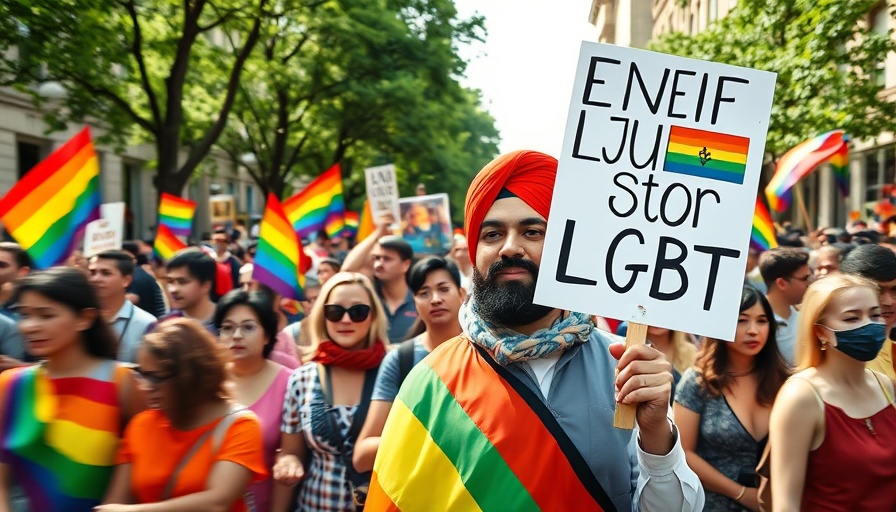
YouTube's Controversial Shift in Hate Speech Policies
In a subtle and alarming update, YouTube has revised its hate speech guidelines, raising concerns about a potential shift in corporate responsibility and alignment with political trends. The platform has effectively removed 'Socioeconomic Status' and 'Skin Color' from the list of protected attributes in its German policy, while in the U.S., 'Gender Identity and Expression' has also been excised from consideration.
The New Guidelines: What They Mean
This shift has profound implications for how users interact with the platform. Now, content that discriminates based on these characteristics may no longer face the same scrutiny. In Germany, while caste discrimination against Khatris, Dalits, and Brahmins is acknowledged, this move seemingly opens the door for prejudiced remarks against other minorities. The absence of certain protections indicates a potential withdrawal from the responsibility of combating discrimination in online spaces.
Political Context and Its Influence
The timing of these changes coincides suspiciously with Donald Trump's resurgence in the political arena, given his administration's previous antipathy towards diversity initiatives across various corporations. As firms scramble to align with new political climates, YouTube's silence regarding the rationale behind these updates has led to speculation about its motives. While the company defended the changes as routine updates, no prior announcement accompanied this significant alteration.
Comparative Analysis: U.S. vs. Germany
In examining the new policies, it is essential to highlight how they differ across the Atlantic. In contrast to U.S. policy changes that appear to cater to conservative sentiments, German users may find their own protections defined narrowly, reflecting a complex and often contradictory approach to similar issues. This duality sheds light on how culture influences corporate policies and user experiences in different regions.
Cancel Culture and Accountability
YouTube previously ensured strict accountability—users faced account bans after three infringements of hate speech policies. This protocol has now become a vague suggestion rather than a firm rule, suggesting an environment where content moderation could become more lenient. Critics argue that the removal of specific negative examples from hate speech definitions only emboldens intolerance and enables a resurgence of harmful rhetoric.
Industry-Wide Implications
The changes at YouTube may signal a larger trend within the tech sphere, where platforms like Meta have begun permitting previously prohibited speech in an effort to adapt to the shifting socio-political landscape. With entities like Elon Musk vocalizing controversial perspectives, the pushback against established norms appears to be gaining traction. A widespread reluctance to enforce stricter guidelines may embolden users to express discriminatory views online.
The Road Ahead: Call for Awareness and Action
Users must now navigate a landscape of potentially relaxed guidelines while remaining conscious of the implications these changes pose for the wider community. As this digital narrative unfolds, it has never been more crucial for individuals to stay informed and engaged. Knowledge empowers users to take back control over their online presence.
In order to regain effective control over your personal data and online interactions, it's essential to remain attentive to these changes. Subscribe and stay informed to continue building your awareness and understanding of your rights in the digital world.
 Add Row
Add Row  Add
Add 




Write A Comment